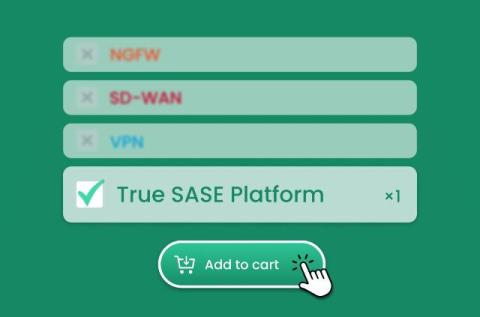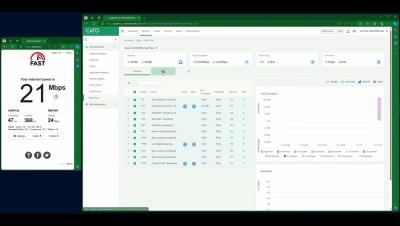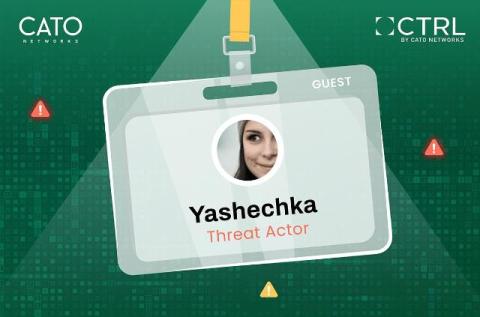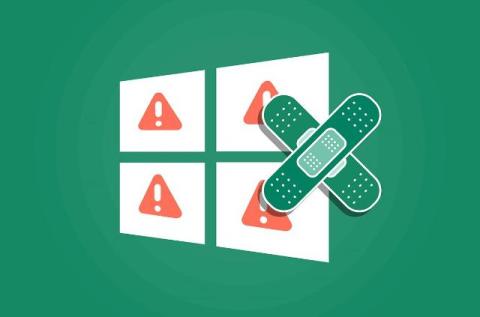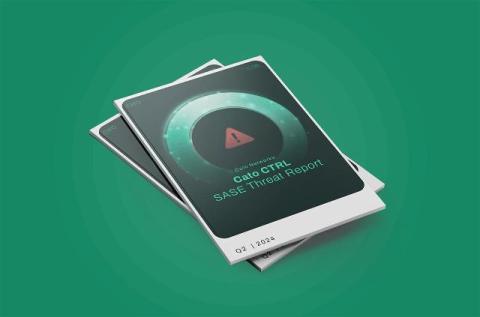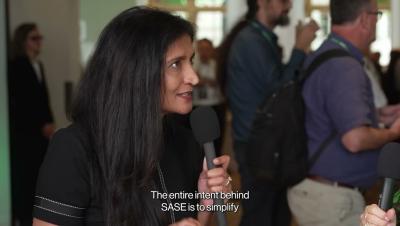The Imperative of Data Loss Prevention in the AI-Driven Enterprise
As organizations increasingly integrate artificial intelligence (AI) into their operations, the nature of data security is undergoing significant transformation. With AI’s ability to process vast amounts of data quickly, the risk of data breaches and leaks has grown exponentially. In this context, Data Loss Prevention (DLP) has (re)emerged as a critical component for IT professionals seeking to safeguard sensitive information.



